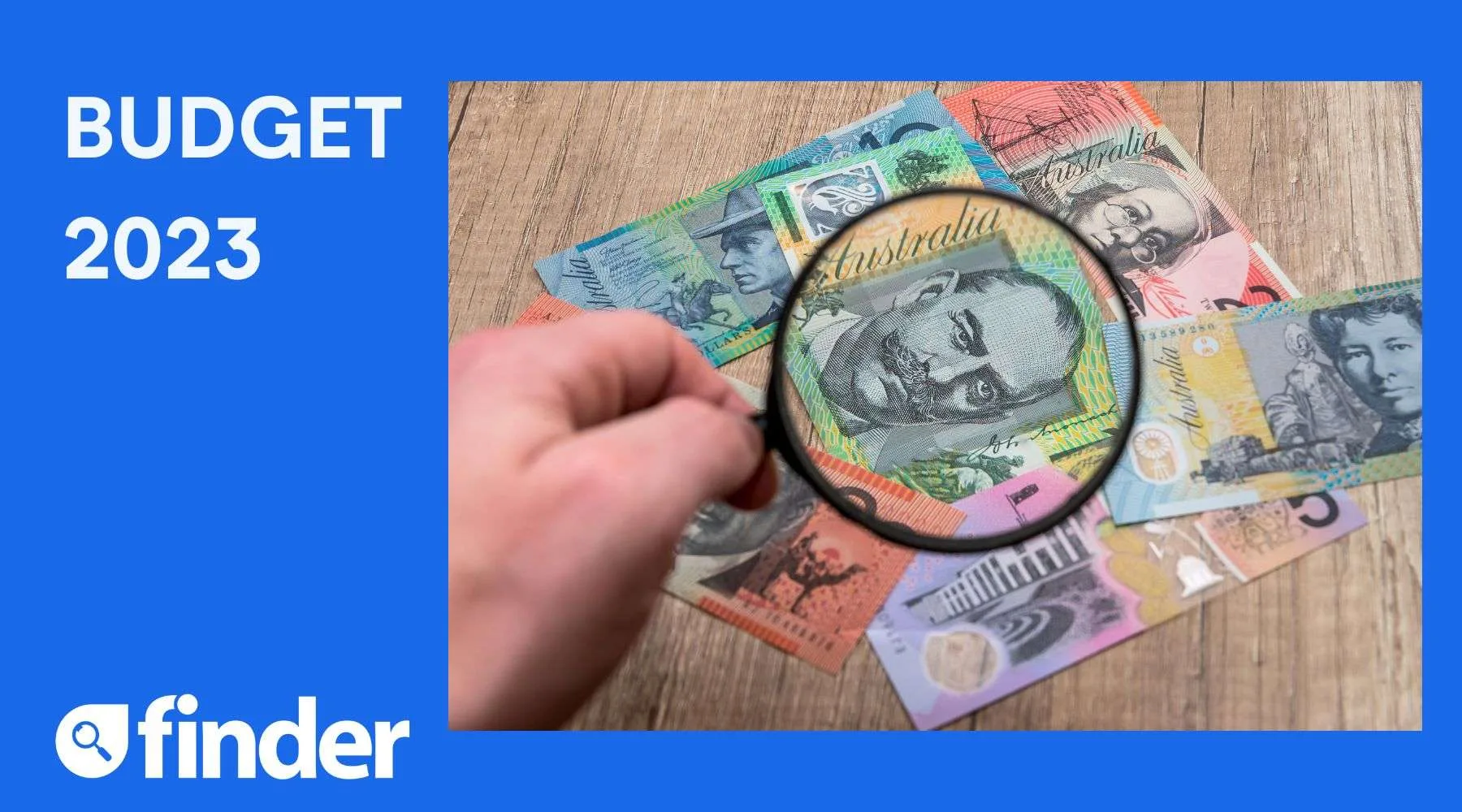Budget 2023: How much more will YOU get?

Forget the politics, will you be better off as a result of the Federal Budget?
What you need to know about the Federal Budget 2023:
- The 2023 budget was handed down on Tuesday 9 May with a focus on the cost of living.
- It included relief for electricity and gas bills.
- It included additional assistance for struggling renters.
The 2023 Federal Budget has been handed down with a strong focus on combating the rising cost of living.
Treasurer Jim Chalmers presented his budget on Tuesday night (9 May), which addressed the cost of power bills, investment in Medicare and improving payments for those on JobSeeker.
In his budget, Chalmers announced a $14.6billion cost of living relief plan. Here are the key points and how they might affect you:
Cash assistance with energy bills
What's changing with energy bill assistance?
Labor's budget announced $3bn in direct energy bill relief for eligible households and small businesses.
And if you're interested in protecting yourself from growing power bills in the future, the government is also investing money into providing low-cost loans for things like double-glazing, solar panels and other improvements.
How much will you save/get for energy bills?
The key word above is "eligible". It's being backed by each individual state so it may depend on which state or territory you live in. But Chalmers said that more than 5 million households will benefit from up to $500 off their power bills in the next financial year.
When will energy bill assistance happen?
Again, depends where you live, but nothing until July. Legislation will need to pass through both Federal and state parliaments.
Welfare payments: JobSeeker, Youth Allowance, Parenting Payments
What's changing with welfare payments?
As many people continue to search for jobs, the Labor government has announced an increase to JobSeeker recipients, as well as Youth Allowance, Austudy and other income support payments.
The government is also extending the additional support it gives to job seekers over the age of 60 to those over the age of 55. Chalmers acknowledged that the majority of job seekers over the age of 55 were women with little to no savings or superannuation.
How much more will you get?
For JobSeeker payments, Youth Allowance, Austudy and other income support, you're looking at up to $40 per fortnight.
The Parenting Payment (Single) will also now be available to single parents until their child turns 14 instead of 8, providing 57,000 more families with an extra $176.90 per fortnight.
When will this increase happen?
The budget papers say that any increases to welfare payments will happen from 20 September 2023.
Rent assistance
What's changing with rent assistance?
The rental crisis has been getting increasingly frustrating with rents rising at the fastest they ever have as rental supply remains low.
In the budget, Chalmers announced a 15% increase to the maximum rates of the Commonwealth Rent Assistance.
How much more will you get?
This means an extra $31 a fortnight for people renting in the private market and community housing.
When will this happen?
This assistance is per financial year, so should be in place for the start of the next financial year in July.
International travel costs to rise
What's changing with international travel?
The "passenger movement" charge which all people travelling from Australia pay is going up.
How much more will you pay?
The charge will rise by $10, from $60 to $70.
When will the change happen?
The change comes into effect from 1 July 2024.
Why is this budget important?
This is the second budget the Labor Treasurer Jim Chalmers has presented in the last 12 months since Labor took over government.
In the midst of high inflation and rising interest rates, the budget focused on providing relief to struggling Australians. And according to research at Finder, struggling Australians are.
Finder's cost of living report showed that 52% of Australians have been feeling financial stress. When you look at Gen Y and Gen Z, that's 60% and 70% respectively.
Inflation (the amount things cost more than they did last year) is currently at 7.1%, way above the government and the Reserve Bank of Australia's (RBA) target of between 2-3%.
In the budget, Chalmers said it was expected that three quarters of a percentage point (0.75%) was expected to come off the inflation figure this year, for it to then fall from 6% to 3.25% next year.
In short, inflation falling to the target range still has some way to go. But Labor hopes that its budget will go some way towards supporting households at the same time as not making inflation worse (the more money we have, the more money we spend, the higher inflation rises).
What else did the budget announce?
Pay increase for aged care workers
The budget provides an additional $11.5bn for a 15% increase in award wages for aged care workers.
Medicare costs
If you're one of the many Australians who have faced their GP surgery now charging instead of being 100% bulk billed, this might be for you.
Labor's budget included $3.5bn towards bulk billing.
The catch? It's only for eligible Australians like children, pensioners and other concession card holders.
Check out Finder's 2023 Cost of living report to learn more about how inflation is impacting Australians. Get more helpful money tips to help you save.
We updated this article on 10 May 2023 with more details on the passenger movement charge changes.
Sources
Ask a question
